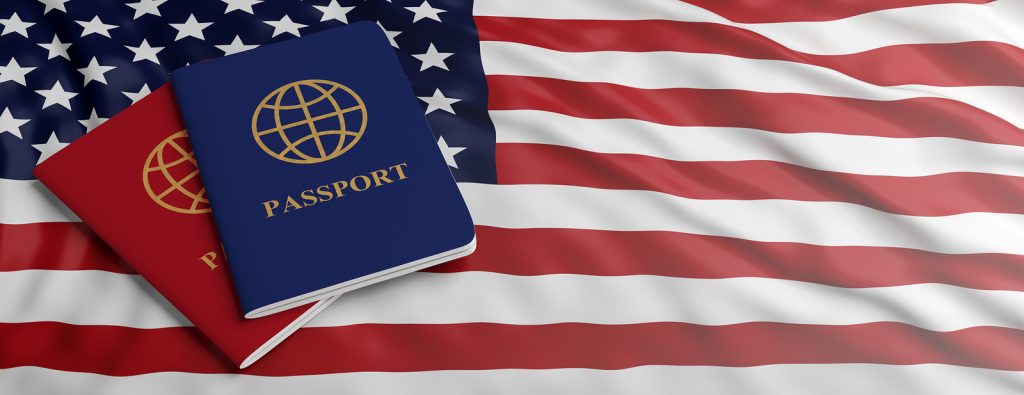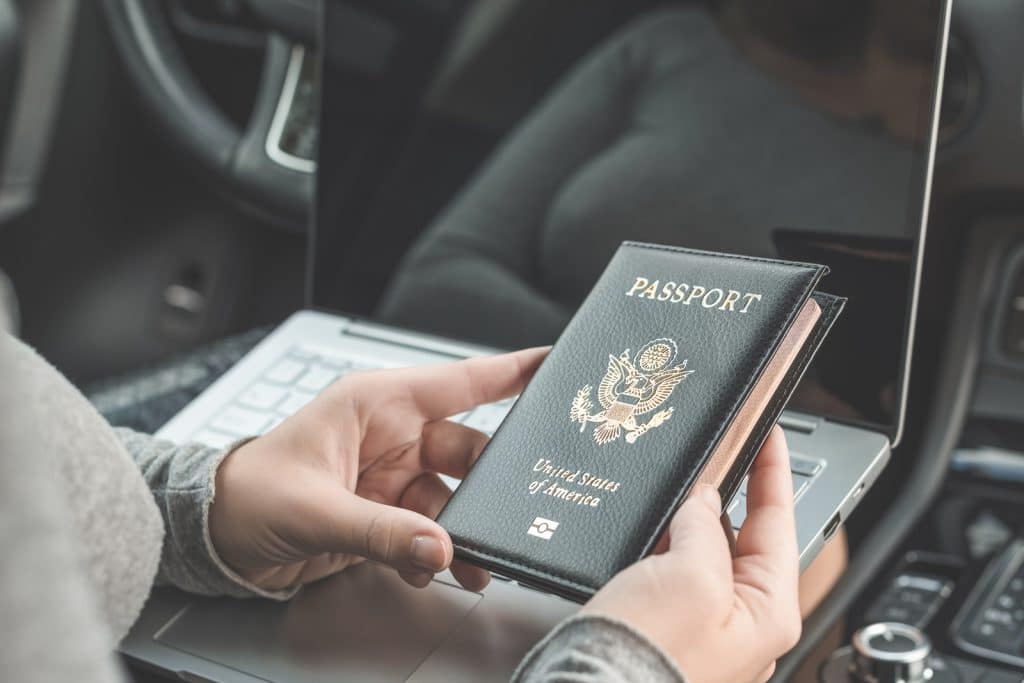Filing US Taxes as a Dual Citizen – A Guide
October 16, 2023 | Accidental American, Married Filing Separately | 4 minute read
Expat Tax Blog. Tax Tips for US Americans abroad.
Updated December 27, 2024
 All blogs are verified by Enrolled Agents and CPAs
All blogs are verified by Enrolled Agents and CPAs
Updated December 27, 2024

For many Americans, holding multiple passports is a dream come true. Unfortunately, many Expats and Accidental Americans know that this privilege comes with responsibility. At MyExpatTaxes, we make Filing US Taxes as a Dual Citizen easier than ever. Here’s what you need to know as a holder of dual citizenship.
US law states that every US citizen or Green Card holder must file and pay US taxes every year. This even goes for any US citizen abroad who lives around the world. The US and Eritrea are the only countries that uphold citizen-based taxation. Therefore, ignoring the law can result in unnecessary penalties.
US tax filing and obligation also apply to people born in the US and children who have American parents with US citizenship through them. However, some people may need to learn this – especially if they are dual citizens.
Accidental Americans and Expats Filing US Taxes with Dual Citizenship
Whether you’ve never obtained a US passport or Social Security number, the fact remains that you are most likely a US citizen if:
- You were born in the US.
- You were born in a foreign country to at least one parent who is a US citizen.
If you fall into one of those situations, you are probably an Accidental American. Specifically, though, you’ll need proof, like a birth certificate. You can also check in with your parents to see if they registered your birth at a US Embassy or Consulate.
Accidental Americans are people who innocently did not know they were US citizens. They are bound to the same laws and regulations as regular citizens. Accidental Americans who live abroad are required to report their income to the IRS as long as they meet the filing threshold.
All US citizens, no matter where they live, must report and pay worldwide income and taxes to the IRS once a year. Therefore, if you possess US citizenship, even with a passport and citizenship in another country, you must file US taxes yearly.
Additionally, out of the 12 months in the year, June is the month for expats to file their US taxes (and April to pay taxes).
The Foreign Account Tax Compliance Act (FATCA) is becoming more known in foreign banks and may refuse American citizens an opportunity for a bank account. Therefore, Accidental Americans need more than ever to become aware of their US citizenship before joining a bank.
Foreign banks now need additional information for every American abroad who signs up with them. The IRS likes to be aware of where your money is being kept to prevent illegal money laundering.
US Tax Agreements for Dual Citizens
Luckily, dual citizens/Accidental Americans are most unlikely to face double taxation due to certain agreements the US made with foreign countries. For example, the Totalization Agreements specify that countries worldwide will not double tax Americans abroad.
Country-specific tax treaties like Form 8833 can help define which kinds of income you can exclude from your host country’s or the US’s taxation system. US tax treaties can help Americans abroad save a lot of money and time.
Additionally, plenty of tax benefits are available to you as an American citizen abroad. Two are the Foreign Earned Income Exclusion and Foreign Tax Credit.
Solutions for Dual Citizens Filing US Taxes
If you realize you have US citizenship and need to file US taxes, you’ll need a US passport and Social Security number to start. Once you have them both, you can begin the process of becoming tax-compliant.
One suggested way to file back taxes is through a US amnesty program called the Streamlined Procedure. This program helps dual citizens and accidental Americans file up to 3 years or more of back taxes for the IRS as innocent, unaware Americans. No additional tax penalties or fees are applicable.
Otherwise, if you’ve been deliberately avoiding filing taxes, you may be subject to thousands of dollars in fines to pay.
Renouncing US Citizenship
An option for dual citizens who realize they have US citizenship and don’t want to have it anymore is to renounce their citizenship. In order to do this, however, one must be up-to-date on all tax payments and filings for US taxes.
To be up-to-date on US taxes, one must have a US passport and Social Security number. Additionally, there is an exit fee of more than $2,000, almost 20 times the average from other nations.
Need Assistance?
As you can see, becoming tax-compliant with Dual Citizenship in the US comes with its own responsibilities. If you need assistance becoming tax compliant, do reach out to us via our app or chat box (found at the bottom right of your screen).
Otherwise, feel free to explore our US expat tax filing software for Americans abroad. MyExpatTaxes is for an affordable price of €149, and we are confident you can file in as little as 30 minutes. Our expat tax software is smooth, simple, and user-friendly. Plus, it definitely fits in with today’s times since everything is being done online (why waste time and frustration filing US taxes manually?).
Also, contact us if you need help distinguishing your filing status (like filing single or married filing separately).

Written by Nathalie Goldstein, EA
Nathalie Goldstein, EA is a leading expert on US taxes for Americans living abroad and CEO and Co-Founder of MyExpatTaxes. She contributes to Forbes and has been featured in Forbes, CNBC and Yahoo Finance discussing US expat tax.
October 16, 2023 | Accidental American, Married Filing Separately | 4 minute read







